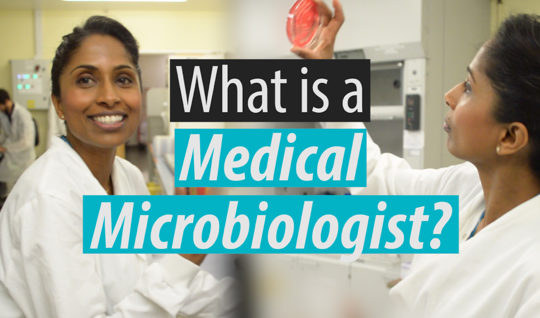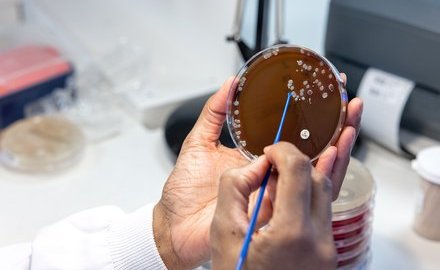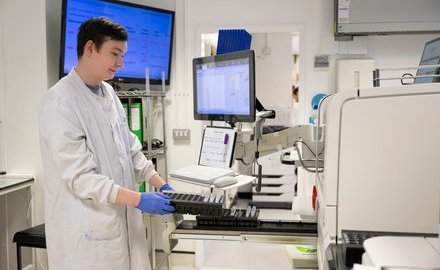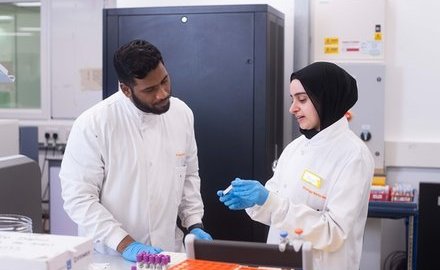Become a microbiologist
With the seemingly endless growth of superbugs and other antibiotic-resistant bacteria, the analytical and inquisitive minds of medical microbiologists are vital in healthcare today – both for treating infections and for fighting the spread of disease.
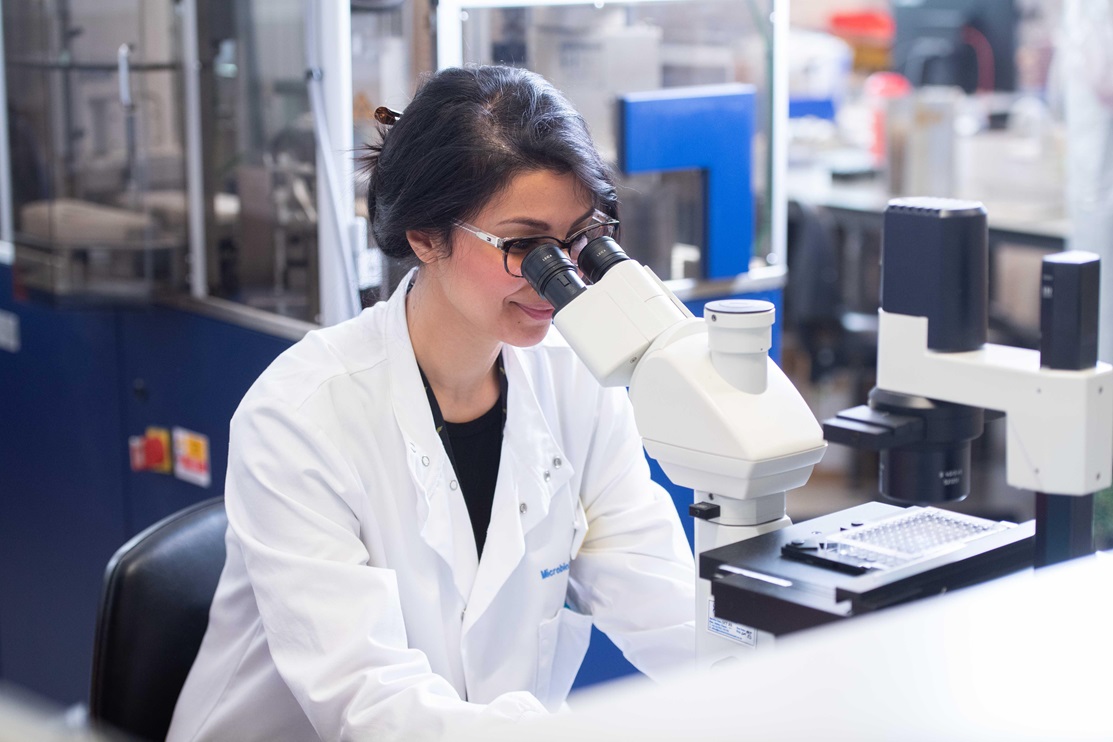
Medical microbiologists support and oversee the prevention, diagnosis and treatment of illness caused by microorganisms (viruses, fungi and parasites). They identify the best treatment for particular infectious diseases and monitor patients following treatment.
They give advice on the best samples to collect to diagnose an infection, such as a swab, blood test or urine test. They then work with scientists in the laboratory to discover what’s causing the infection. This might be a bacterium (e.g. MRSA), a fungus (e.g. thrush) or a virus (e.g. influenza). Once the cause of the infection has been identified – and often before – the microbiologist gives advice about how to treat it.
Medical microbiologists also play a key role in making sure antibiotics are prescribed and used appropriately, by advising on patient management and producing treatment guidelines for a variety of conditions. They do this partly to minimise the emergence and spread of antimicrobial resistance.
They also promote measures to prevent and control the spread of diseases – both in hospitals and among the general public.
If you want to hear more from Shanika, watch the full interview on our YouTube channel.
What will working environment be like?
Medical microbiologists spend much of their time on the wards, and in intensive care units and outpatient clinics. They also work in laboratories. They see patients and advise clinical and laboratory colleagues on investigating and treating all types of infection.
Microbiologists work closely with many healthcare professionals – such as biomedical scientists, pharmacists, GPs and infection control nurses – and often attend clinical multidisciplinary team meetings. They also work with non-clinical colleagues, such as estates managers, to make sure buildings are designed and maintained to reduce the risk of infection.
Many microbiologists are involved in research, spanning molecular biological investigations to clinical trials and implementation science. The global spread of infections means that some microbiologists work collaboratively with colleagues abroad, identifying the next global infectious threat.
What skills do I need?
- Communication – you’ll need to build good rapport with clinical teams, laboratory colleagues, infectious disease specialists, healthcare workers, managers and the general public.
- Patience and persistence – infections don’t always respond immediately to treatment and a second or third treatment is sometimes necessary.
- Flexible and adaptable – there are continual threats from emerging pathogens. Developing new diagnostic tests and research – especially around the need to tackle ‘superbugs’, antibiotic resistance and serious infectious diseases – is increasingly important.
How do I train?
To become a microbiologist, you’ll need to complete:
- undergraduate training at medical school
- the UK Foundation Training Programme or equivalent
- Core Medical Training (CMT) or Acute Care Common Stem (ACCS) training
- specialty training in infections and microbiology.
You can also choose to specialise in infectious diseases and tropical medicine.
Learn more about training in microbiology.
Explore more careers

